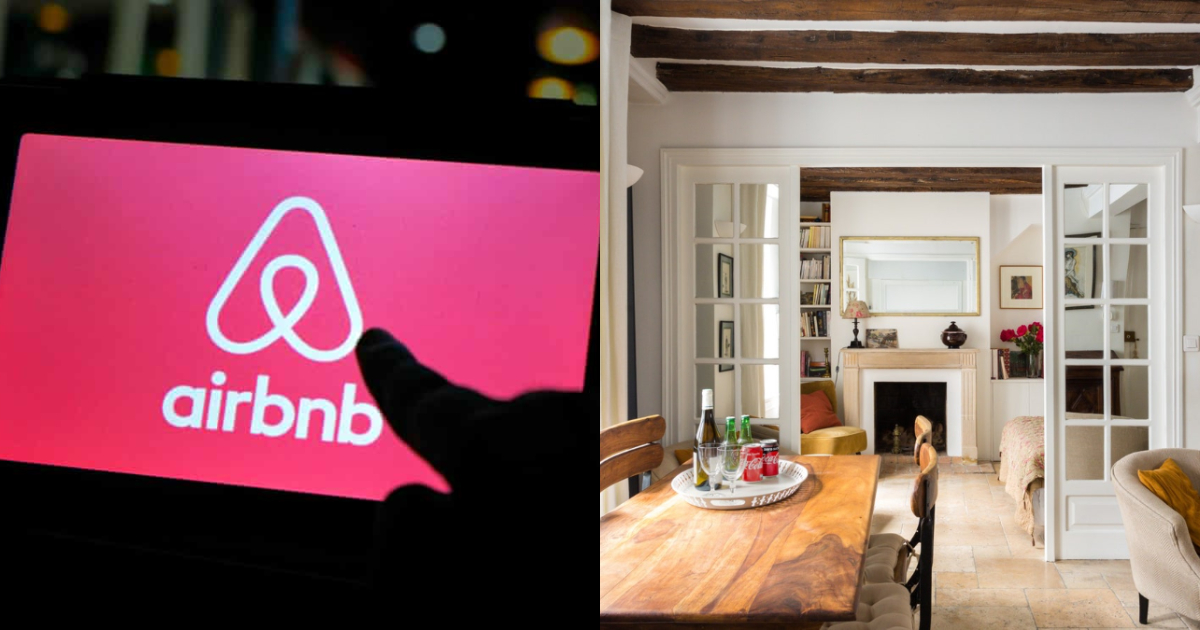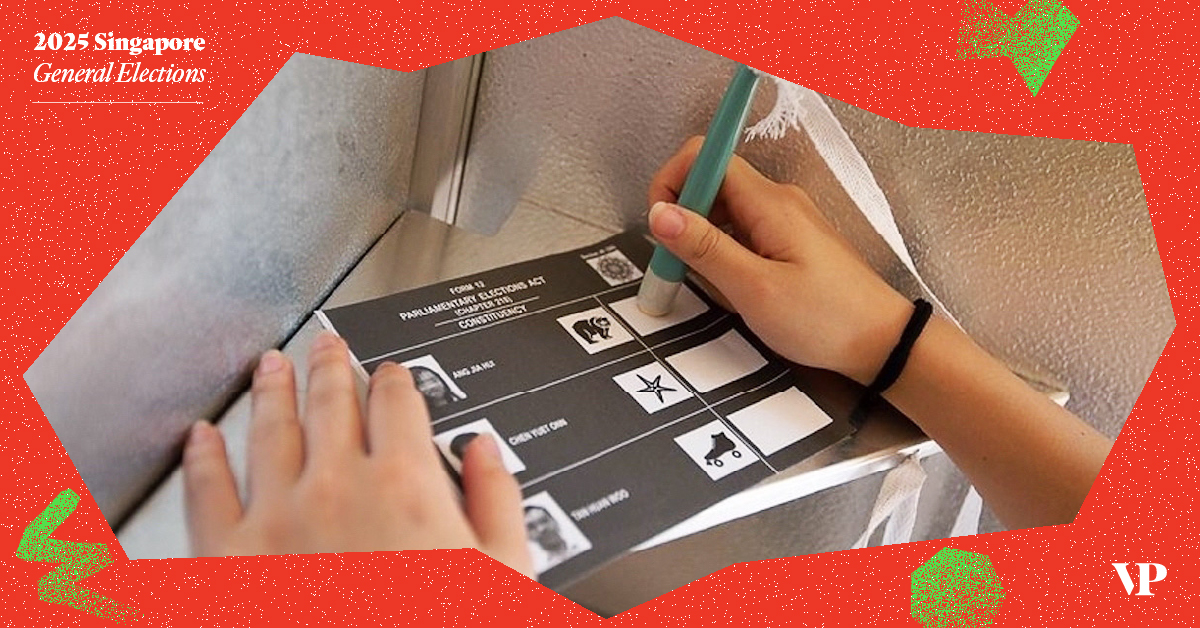Last week (7 October), it was reported that vacation rental platform Airbnb has burned through more than US$1.2 billion in cash between mid-2019 and mid-2020.
This amounts to more than a third of its cash reserves, according to documents seen by tech news site The Information.
According to The Information, the plunge in global travel has “eroded a balance sheet already weakened by big increases in spending on hiring and marketing.”
This raises questions on the fate of Airbnb and whether it would survive the Covid-19 crisis. How can they ever hold on despite the travel blackhole?
How COVID-19 Sent Airbnb Spiralling Downwards
The pandemic has impacted Airbnb and other travel businesses drastically as global travel came to a standstill.
Airbnb’s revenue dropped 72 per cent in the second quarter of 2020 compared with the same period in 2019 to US$335 million.
In March, it was reported that European short-term rental reservations had dropped by as much as 80 per cent.
Meanwhile, revenue was down by more than 50 per cent in American urban destinations like New York City, San Francisco and Seattle, according to data from analysts at AirDNA.

By April, Airbnb’s valuation had plummeted to US$18 billion, nearly half of its previous high of US$31 billion.
Airbnb had to dip into its cash reserves to pay out refunds for cancelled bookings as well as overheads, payroll expenses and more.
A Bulk Of Cash Went To Travel Refunds
In the first quarter of this year, when Covid-19 first broke out, the company had to hand out travel refunds due to customers swiftly cancelling their bookings.
Unlike Airbnb and Expedia, Booking.com typically collects payments on each reservation after the stay has occurred, which reduced the impact of travel refunds on its balance sheet.

Refunds wiped out a huge portion of their cash reserves, underscoring how the pandemic depleted Airbnb’s reserves.
While governments implemented lockdowns and global travel came to a standstill, another portion of the funds went to helping the business tide over and pay overheads such as salaries.
Spending Cutbacks Weren’t Enough
In May this year, Airbnb announced a company-wide layoff that saw the retrenchment of 1,900 out of 7,500 employees in a bid to cut costs.
The 25 per cent staff cut was substantial in cost savings, but Airbnb gave a generous severance package to those who were let go. This includes several months’ pay, a year of healthcare, and help from Airbnb finding a new job.
It was also reported that its founders will forego their salaries for the next six months, and top executives will take a 50 per cent pay cut.

The financial documents seen by The Information revealed for the first time when exactly Airbnb reduced spending in the second quarter to try to offset revenue decline.
The biggest cuts apparently came from customer service and marketing.
Meanwhile, spending on product development and general and administrative costs fell by nine per cent collectively over the same period.
However, the second-quarter financials is not likely to reflect the full impact of Airbnb’s layoffs, which was made in the middle of the quarter.
Regardless, the spending cutbacks weren’t enough to offset the plunge in revenue once the pandemic struck.
Looming IPO May Save Airbnb From Its US$2B Debt

In April, Airbnb had raised US$2 billion in debt from investors at high interest rates amid escalating losses.
Thanks to the debt, Airbnb had US$4.1 billion in cash, cash equivalents and marketable securities in June.
The company still has a significant cash pile (two-thirds of their cash reserves), but how long can this even last?
Before the pandemic, the company had been planning on going public via a direct listing.
A direct listing is where the company would list existing shares on the stock market but it wouldn’t sell new shares to raise cash.
It is instead looking to pursue an initial public offering (IPO) in December this year, and aims to raise around US$3 billion.
Reuters reported last week that this IPO would imply a valuation of around US$30 billion.
Investors and analysts expect Airbnb to use that money in part to pay off its US$2 billion debt.
This would only be possible if they manage to raise money from the IPO, with investors weighing in on the pros and cons heavily. But will investors be willing to buy into this ailing company?
Although the travel industry is gradually picking up, will people be as eager to stay in a stranger’s home? That’s one consideration investors have to mull over.

The impact of the pandemic on Airbnb’s financial performance will force prospective investors to bet on whether Airbnb can turn a profit, as it did for a time in 2018 and help drive a rebound in the travel industry in the coming years.
Airbnb had already been facing cost pressures ahead of the pandemic. The company saw its first year of profit — US$28 million adjusted earnings before interest, taxes, depreciation and amortisation — in 2016.
Those earnings increased to US$231 million by 2018, but became negative last year to a loss of US$253 million, according to documents shown.
A Thirst For Domestic, Close-To-Home Travel May Help It Tide Over
A demand for domestic and close-to-home travel may also help Airbnb tide over for the time being.
In April, Airbnb started pushing the company in the direction of long-term stays during the Covid-19 crisis.
The company said that the move is to give hosts the chance to provide “local accommodation in these challenging times.”

As a result of the move, there has been a 20 per cent increase in long-stay bookings on the platform in the last two weeks of March compared to the same period in 2019.
In March, AirDNA reported that the pandemic was causing a boom for remote Airbnb properties, despite dismal performance in more urban areas.
Less-crowded beachside destinations, lakeside getaways and mountain towns were perceived as safer.
By late May, bookings had saw a rebound, recording a 20 per cent year-over-year increase.
Cleanliness remains a huge concern for travellers. Hotel executives for one, have tried to make the case that staying in a hotel is more reliably safe and clean than an Airbnb.
Airbnb home owners have to step up a notch to ensure cleanliness standards that are on par to those of hotels.
While a demand for domestic travel or close-to-home travel may help it sustain for now, Airbnb eventually has to find other revenue streams in order to survive.
Will Airbnb Survive The Pandemic?
Airbnb is expected to see a second consecutive year of losses and if it doesn’t venture into something else, then it may not survive for another few years.
Before Covid-19 struck, it had plans to go into new business areas, including luxury rentals, hotel room reservations and airline tickets.

It had to scale back on its new forays due to cuts in marketing, product development and other expenses.
The pandemic would have accelerated the shift and in order to stay relevant, they have to venture into other revenue-generating areas.
Airlines, travel agencies, travel booking startups and attractions have launched alternative revenue streams.
For example, Singapore Airlines recently converted its A380 aircraft into a fine dining restaurant and Klook has expanded into local experiences such as activities within the city or other cities as well as DIY craft and cooking kits.
Maybe it’s time for Airbnb to take a leaf out of their book.
Featured Image Credit: Herwin Bahar/Zuma wire/Rex/Shutterstock / Airbnb








